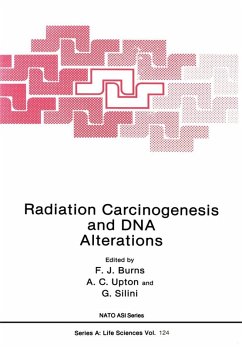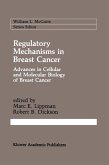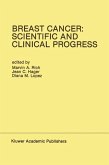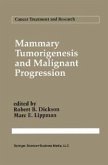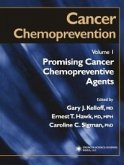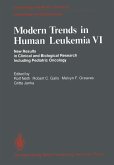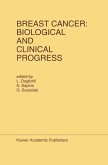This volume is based on the proceedings of an Advanced Study Institute (ASI) sponsored by the North Atlantic Treaty Organization (NATO) held October 1984 in Corfu, Greece. The meeting received finan cial support from the United States Department of Energy and the United States National Cancer Institute. A plethora of recent developments in the molecular biology of DNA are leading to new ideas concerning how DNA alterations might be involved in the mechanism of radiation carcinogenesis. Evidence is accumulating that genetic sequences, known as oncogenes, are involved in the translation of DNA molecular alterations into phenotypic changes associated with malignant cells. For example, a chromosome break often occurs at or near the loca tion of a specific oncogene in Burkitt's lymphoma. Such breaks could represent initial lesions in a translocation process that activates the oncogene by inserting it at a new location, eg., near an active pro moter. Since breakage of the DNA is one of the principal ways that ion izing radiation affects mammalian cells, these new molecular ideas sug gest ways that radiation-induced DNA breaks might be involved as initial events in carcinogenesis. While the possible involvement of oncogenes in radiation carcino genesis is an exciting new development, a direct sequential connection between early molecular changes in DNA and later tumor development has yet to be established. Accordingly, there is a tremendous need for experimental studies of how DNA alterations might convert normal cells to cancer cells.
Dieser Download kann aus rechtlichen Gründen nur mit Rechnungsadresse in A, B, BG, CY, CZ, D, DK, EW, E, FIN, F, GR, HR, H, IRL, I, LT, L, LR, M, NL, PL, P, R, S, SLO, SK ausgeliefert werden.

